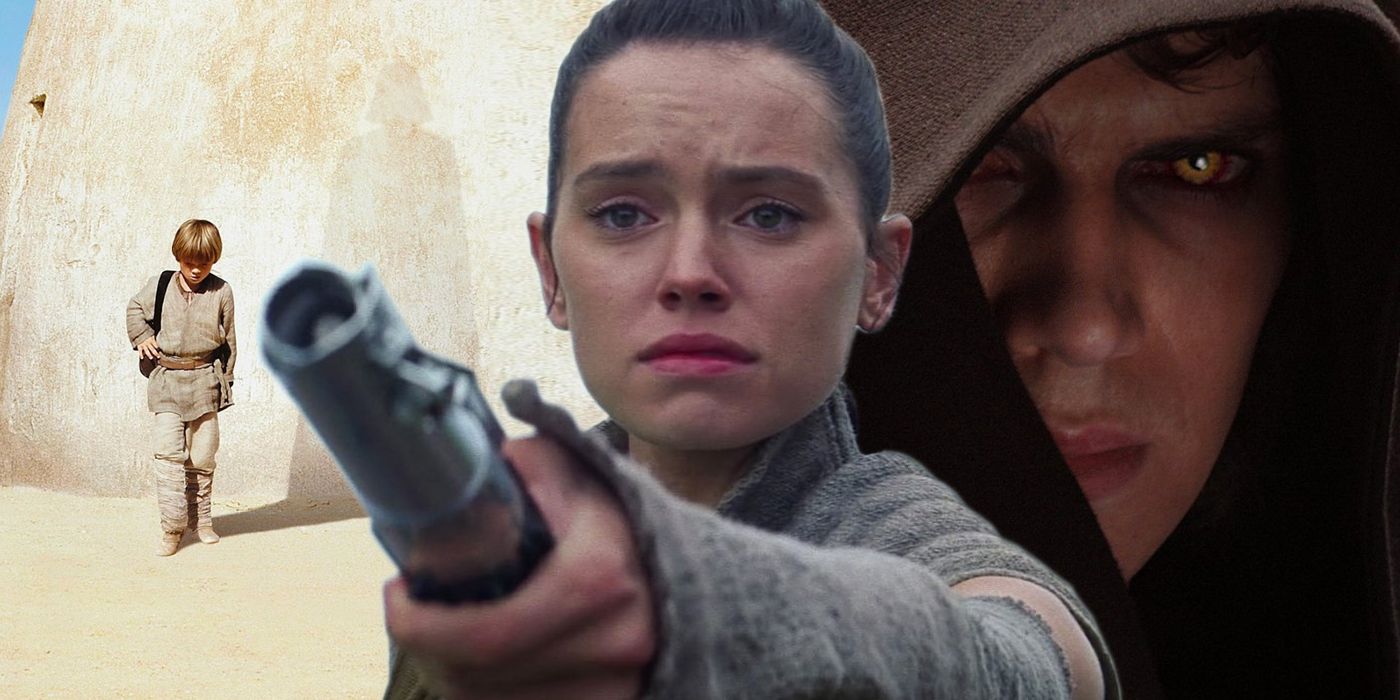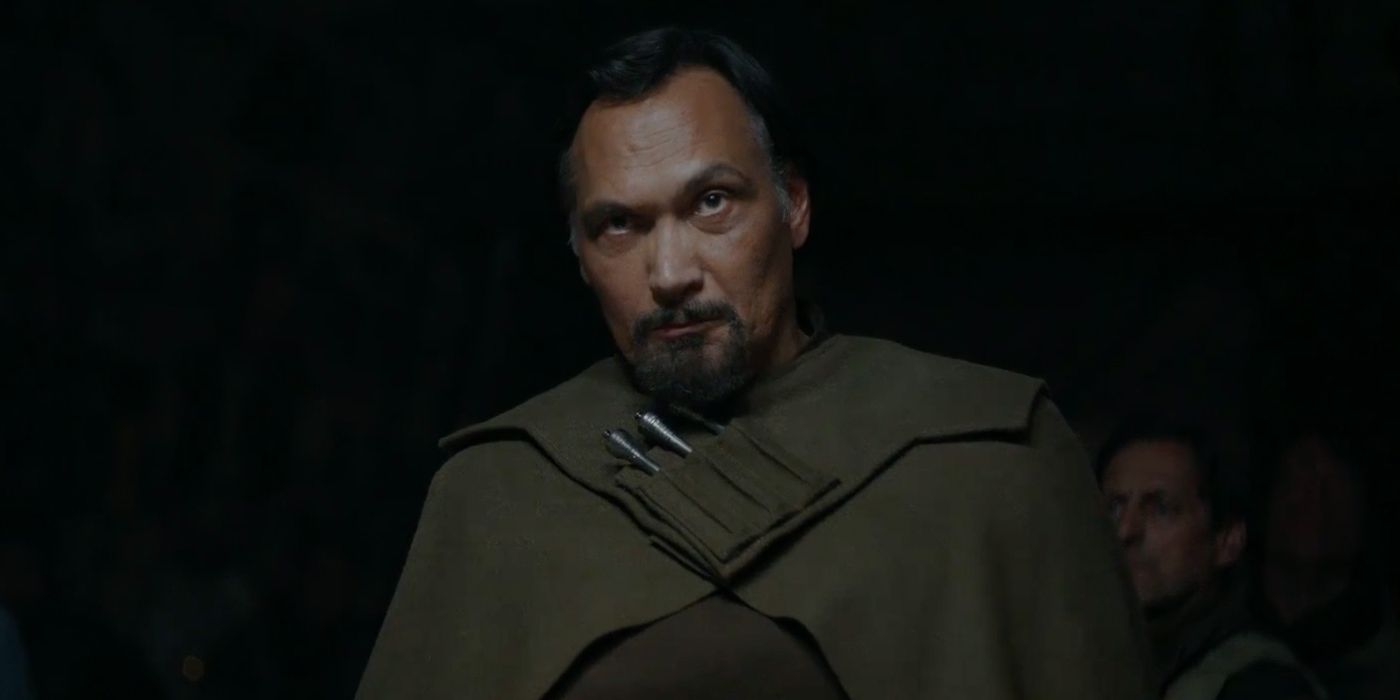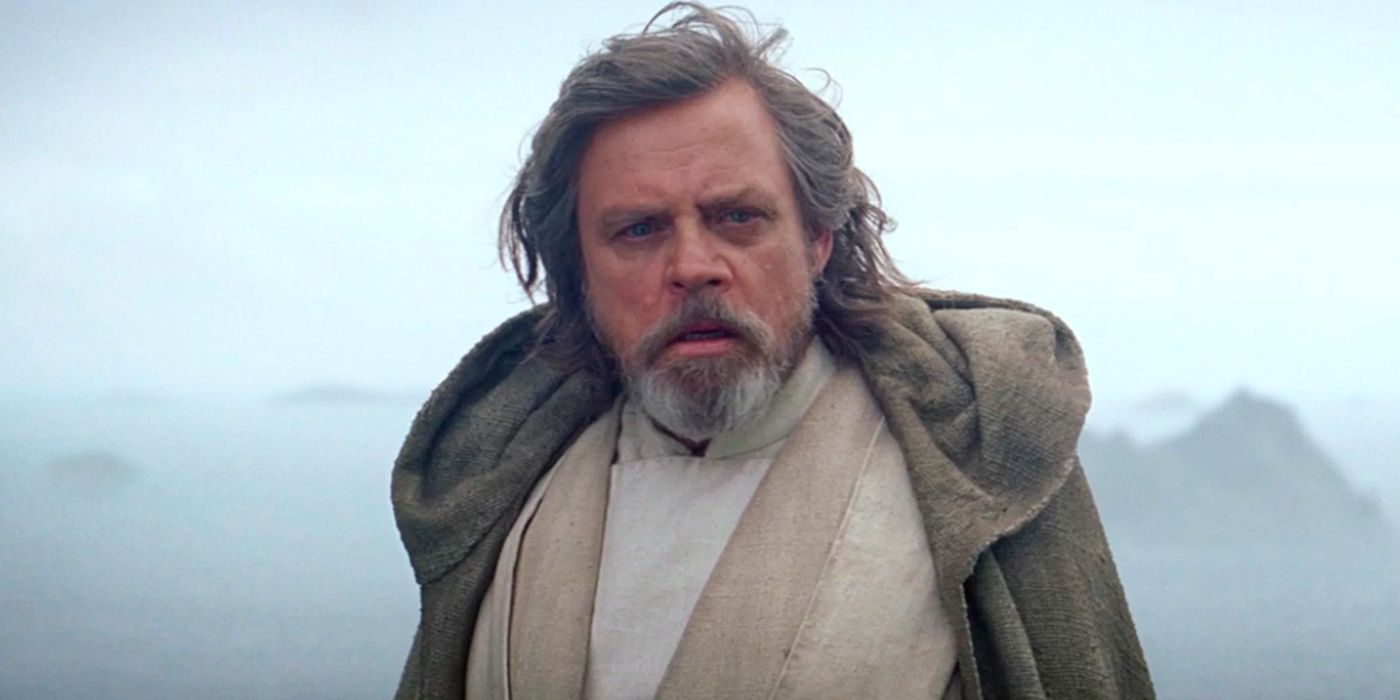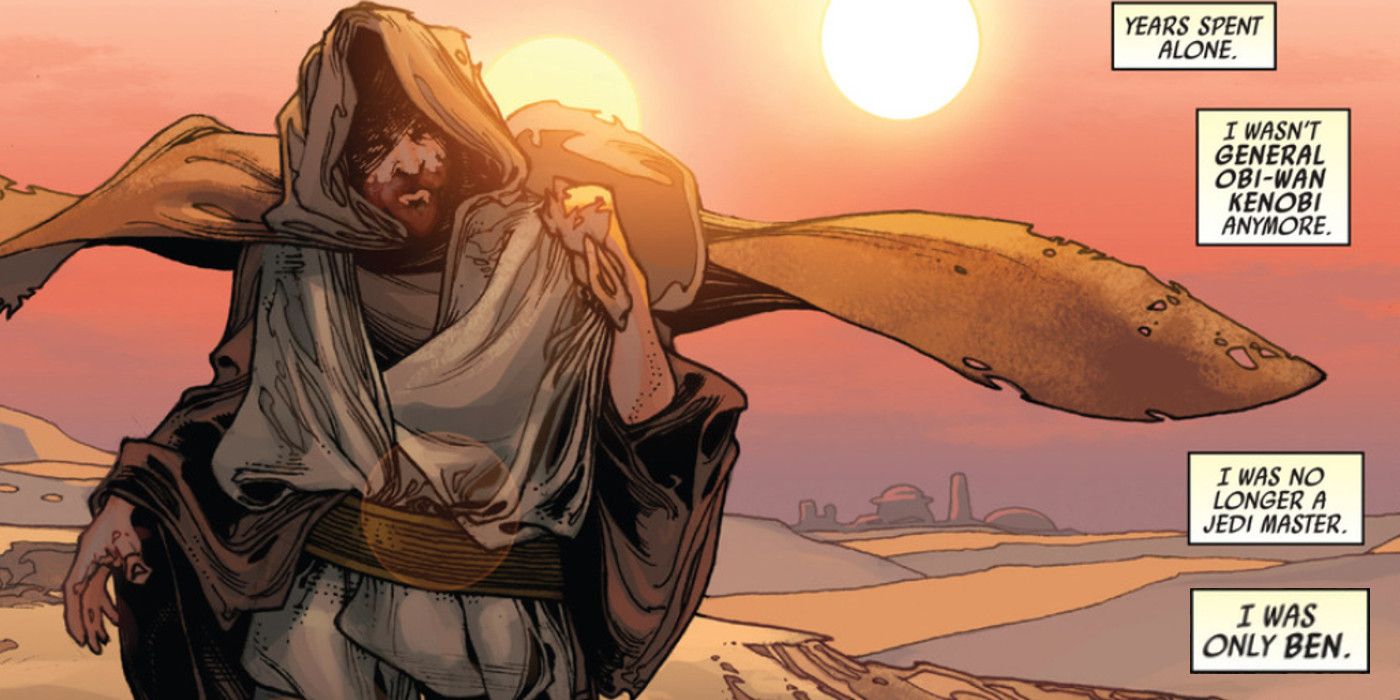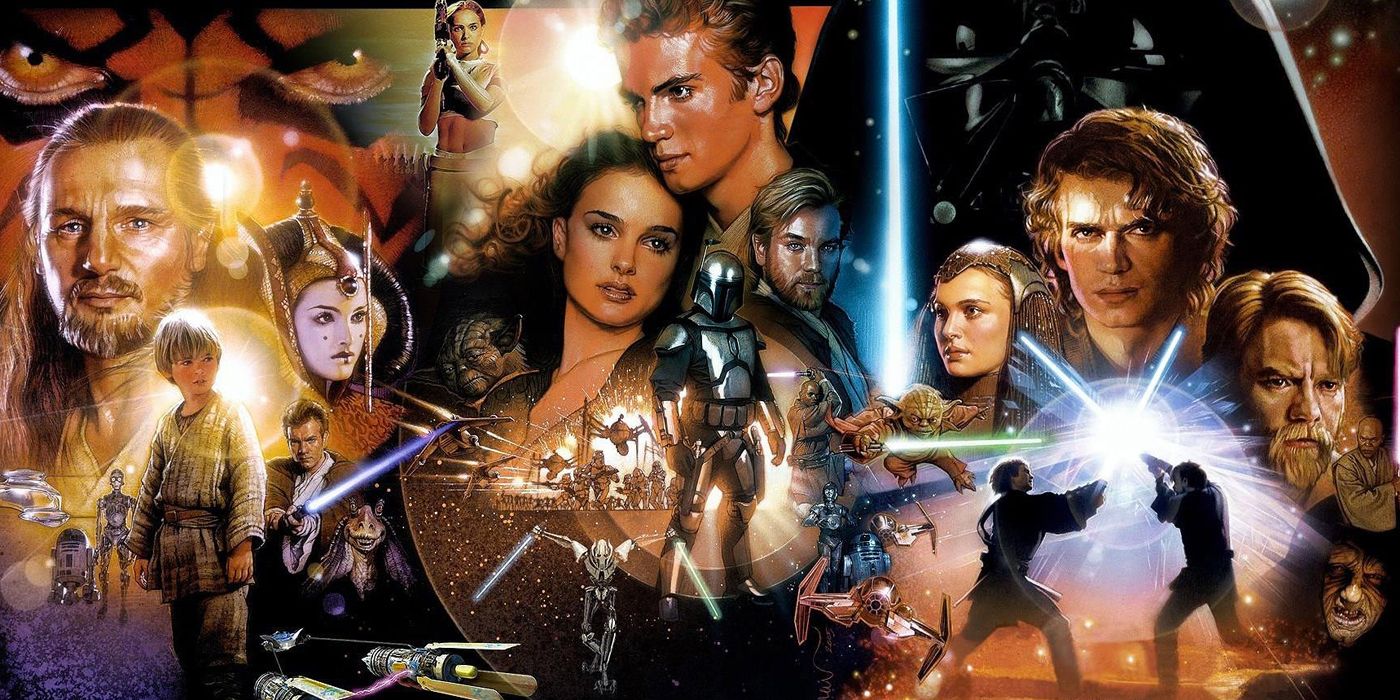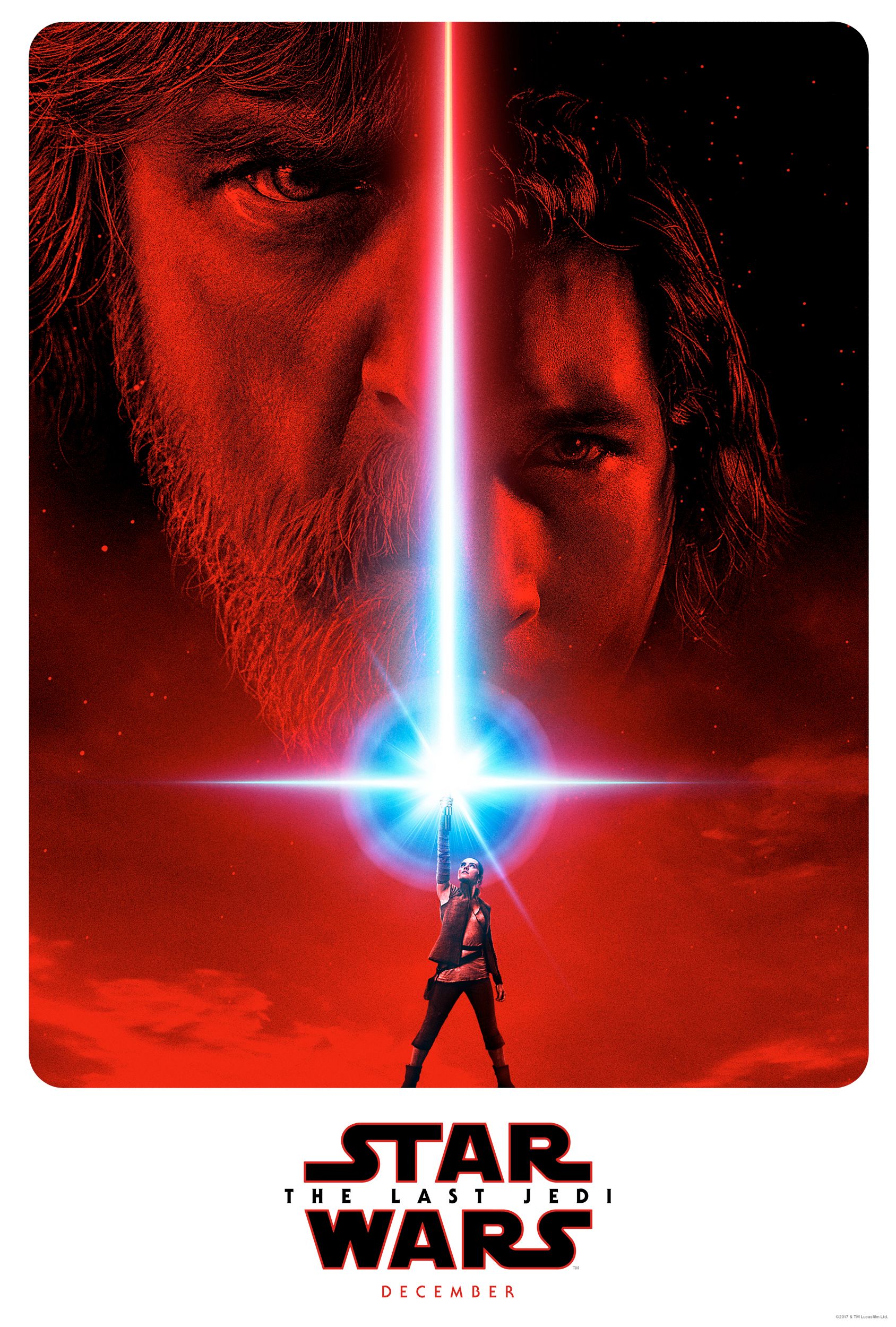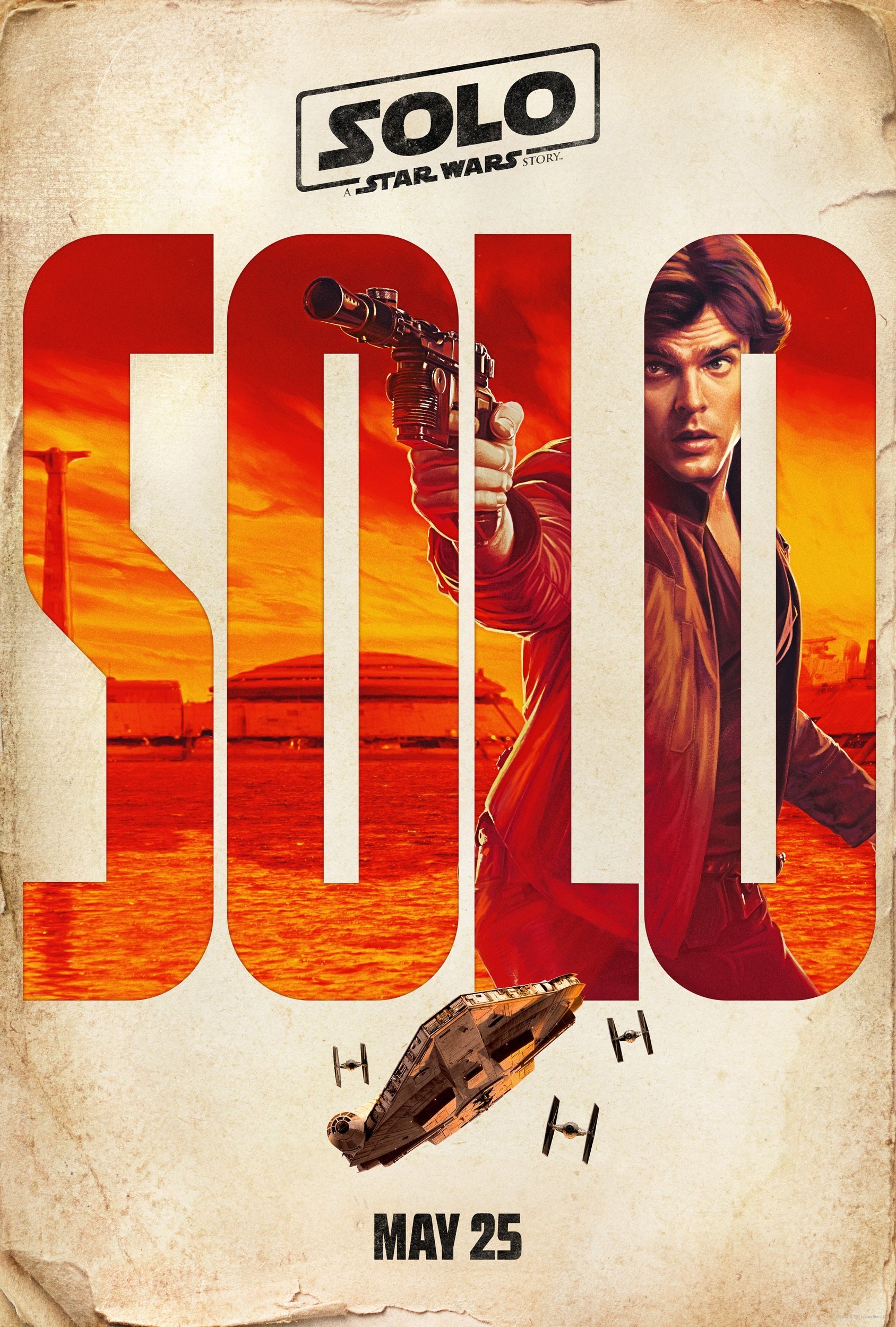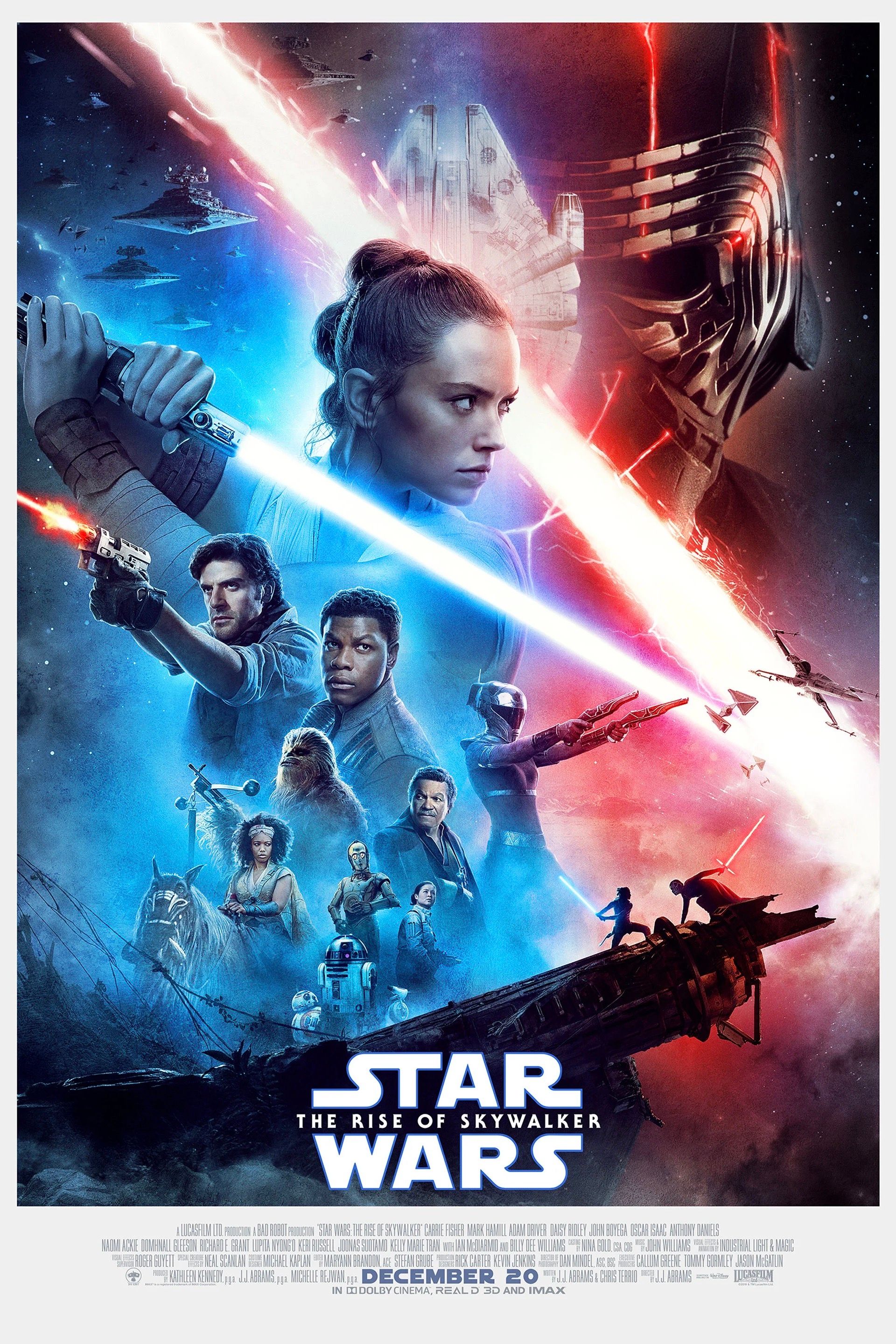Disney’s new Star Wars has something for everyone. Of course, through sequels and spinoffs, the movies offer advancement of the original story and elaboration on some of its hidden elements, but that's just the tip of the comet. Star Wars Rebels introduces a new generation to the series on the small screen, while Battlefront is one of the most-discussed Triple-A games of recent years, and the new continuity is being suitably fleshed out by a wide range of books and comics. Also, while it technically isn’t in the canon due to being made pre-Disney, but MMORPG The Old Republic MMORPG is still chugging along, with its success well eclipsing that of predecessor, Galaxies.
One thing is conspicuously absent from this resurgence, however: the prequels. George Lucas’ long-gestating, then-saga-completing project, Episodes I-III were regarded as a disappointment upon release and, now that new stories are on the way, have been wholesale ignored by an entire generation of fans. Disney hasn't seemed too keen to pick up the flack either, with many finding the company at best taking a shrugging approach to the problem.
While The Phantom Menace, Attack of the Clones and Revenge of the Sith definitely have their issues (especially the former two), they’re not without their merits, either in terms of unique storytelling or influence on the Star Wars galaxy. There’s enough of interest in there – and a big enough fanbase – to make exploring the prequels in the new Star Wars era more than worth it. But when will it happen (if at all)?
The Prequels In Disney Star Wars So Far
While it’s something often claimed by dissenters, it's worth establishing that post-Disney Lucasfilm hasn’t totally ignored or consciously tried to bury the prequels.
The Force Awakens opened with Lor San Tekka saying "This will begin to make things right. I've traveled too far and seen too much to ignore the despair in the Galaxy. Without the Jedi, there can be no balance in the Force." Many took the first part to be J.J. Abrams coyly stating his intentions to return Star Wars to its pre-prequel glory days, although that misses that the second line is honoring a prequel construct: the notion of balance in the Force was first introduced in The Phantom Menace through the Chosen One prophecy, indicating the broader mythology it introduced has been held onto. There were a handful of other mentions – Kylo Ren mused "Perhaps Leader Snoke should consider using a clone army" and Unkar Plutt has pod racer parts in amongst his junk – but these were more easter eggs than essential story elements.
Set thirty years earlier, Rogue One naturally had more elements that felt more integral to the world building. Prequel actors Jimmy Smits and Genevieve O'Reilly returned as Bail Organa and Mon Mothma respectively, Mustafar provided the location of Vader’s castle, a Republic juggernaut was used as a prisoner transport, and Coruscant – a planet that so embodied the prequel's political strife to the point a separate planet-wide metropolis was used in its place in Episode VII – even appeared in Jyn’s dream sequence. That said, while it's a step up from The Force Awakens, in terms of impact these were still on the lighter side; Smits and O'Reilly were ultimately playing original trilogy characters, while the planets were some of the only ones to not get title cards.
Prequel elements have been more prominent in non-movie materials. Rebels features characters, locations and even concepts from the films readily (although it often does so under the guise of being a follow on to The Clone Wars), while tie-in books hardly distinguish the eras; Chuck Wendig’s Aftermath trilogy had reprogrammed Battle Droid Mr. Bones and a reveal of Jar Jar Binks’ fate. There’s further delineation in the mobile games, which unless expressly stated pick from all three major eras.
However, these materials are playing to a different audience. Rebels hews towards a younger demographic unaware of the Star Wars context, while adults watching or those who read the book are likely invested in the series more than your standard fan and thus either acceptant of the prequels (or otherwise forgiving); they’re going to buy elements of Episodes I-III much more readily. It’s with the movies and more prominent extra media – Battlefront is a solely original trilogy affair – where the prequels are conspicuously absent.
This may become a decreasingly prominent issue, though; with Episode VII it was of the utmost importance to be moving into the future and away from the controversial second trilogy, but now everybody’s bought into the new movies there’s the opportunity to play a little with the form.
The Sequel Trilogy And Balancing The Force
The main forward momentum of Disney’s Star Wars is the sequel trilogy – The Force Awakens, The Last Jedi, and the untitled Episode IX – and if the prequels are going to be canonized in fans eyes then it’s here where the groundwork needs to be laid. And it may be that they already have set this up.
Lor San Tekka’s mention of balance in the Force wasn’t just a wink towards to prophecy, but appears to actually be a cue towards a key element of the sequel trilogy. It’s stated as the reason Luke and the Jedi Order need to return to the galaxy, setting up Skywalker’s arc on a grander scale. How it works is unclear - as with much of what The Last Jedi is concerned with - but the popular thinking is that Anakin didn’t actually bring balance to the Force, merely started the process. This would make Star Wars into a cohesive nine-movie story with a very focused structure; its core themes and narrative threads coming from its first act (the prequels) and being paid off in the third (the sequels).
Of course, there is also the possibility of working in other elements more overtly. Rumors suggest Ewan McGregor’s Obi-Wan Kenobi may factor into the film in some form, and the same is true of Yoda. However, as with Rogue One’s returning actors, we’re still dealing with a very original trilogy focus.
This all may not fully endorse the prequels, however. The fact that few commented on the “balance” idea coming from Episode I highlights how the relevant prequel mythology has just been accepted by even harsh dissenters to the point it's almost removed. As such, Rian Johnson and Colin Trevorrow could probably make their movies all about balancing the Force without ever having to acknowledge where the concept came from, let alone namecheck prophecies and midi-chlorians; the prequels could greatly inform the story without Disney having to accept them.
The Spin-Offs And The Possibility Of Returning
The spin-offs may offer something else. As stated earlier with Rogue One, by nature of being closer in the timeline - Rogue One was set just before the original trilogy and Han Solo is taking a step further back in history - the prequels are naturally going to be a greater part of the world. This could be further compounded by later films. Indeed, two popular favorites are Boba Fett (which was in development before the departure of director Josh Trank) and Obi-Wan, both of which would require explicit prequel links; Boba would have to star clone actor Temura Morrison, while Obi-Wan would see McGregor once again channeling Alec Guinness.
Of course, we’re still dealing with the classic era ostensibly – the question is whether the standalone films will eventually begin to move from the Galactic Civil War and take in a new conflict. It’s definitely possible; starting in the classic era was the safest option to show fans what Lucasfilm h as planned, but as time goes by they can be more daring.
There's definitely plenty of potential stories. In terms of gaps, there’s the whole origin of the Clone army, which was teased but mostly unresolved by Attack of the Clones, but on a bigger scale, The Clone Wars offers a unique backdrop so far only really explored on TV. Beyond that, you have the whole Jedi Order – they were well-dissected in the movies, but the peaceful Order still feels ripe for exploration. There’s also another consideration with the new style of storytelling Rogue One ushered in; we could see a story spanning a longer period of time that starts in The Clone Wars but leads into the original era (Boba Fett would be ideal for this).
That said, when the Stories do move away from the originals, the expectation would be for them to look forward – plug in the mysterious thirty-year gap between Return of the Jedi and The Force Awakens. There’s plenty of fertile ground there that’s unexplored, whereas the prequels are roundabout done – even with a few holes wanting plugging, there are already six seasons of The Clone Wars in addition to the three films.
Conclusion
Ultimately, that’s all potential, not facts. At present, it feels like we're a long way off from the prequels being worked into the wider Star Wars gameplan (at least the publically announced one).
It really hinges on where Lucasfilm decide to go with the franchise after Episode IX. Making a fourth trilogy is a risky venture, threatening to turn Star Wars into a soap and further reducing former protagonist Darth Vader to a supporting role, so it’s expected that, instead, they’ll move in the direction of the "Star Wars Stories" and other world-building exercises. With that in mind, and further considering that by that point the new run of Star Wars will be five movies strong, going back to the prequels won’t just be possible, it could be almost unavoidable - how else can they really mix things up? Some have even suggested that Disney should go the whole hog and remake Episodes I-III in a manner that has them better fit in the Star Wars galaxy they’re constructing. While for those who love to disown the films it makes sense, it’s a massive financial undertaking for something with which many have already burned their bridges (and may annoy those who like them) - something more cohesive is more likely.
When it comes to prequel elements actively in use by new mainstream Star Wars media presently, we’re basically just dealing with the idea of balance in the Force. Although all things considered, that may be powerful by itself: if that concept is made even more important in The Last Jedi and Episode IX, then the prequels become unavoidably essential with it. For now, that's not a bad middle ground.

